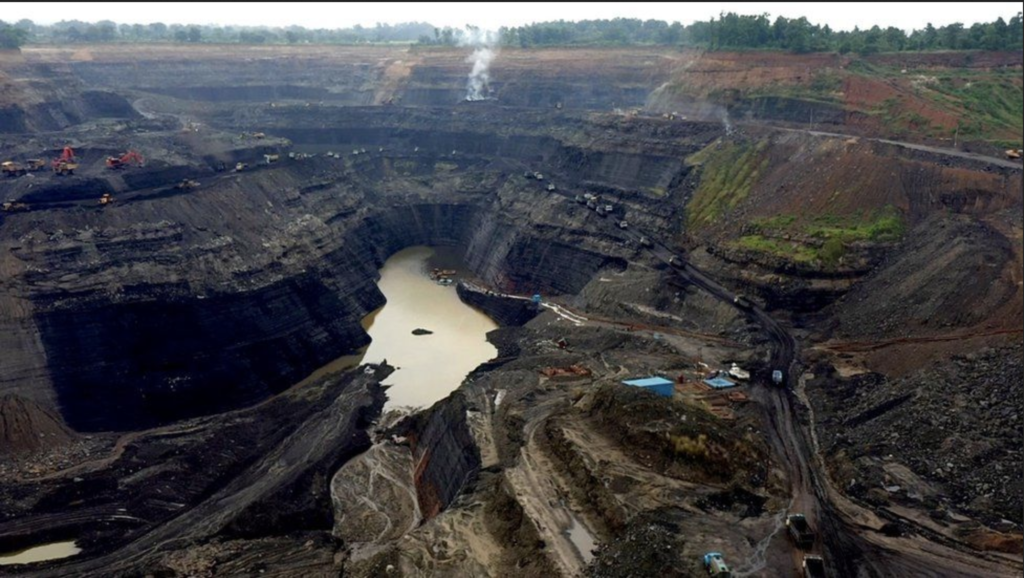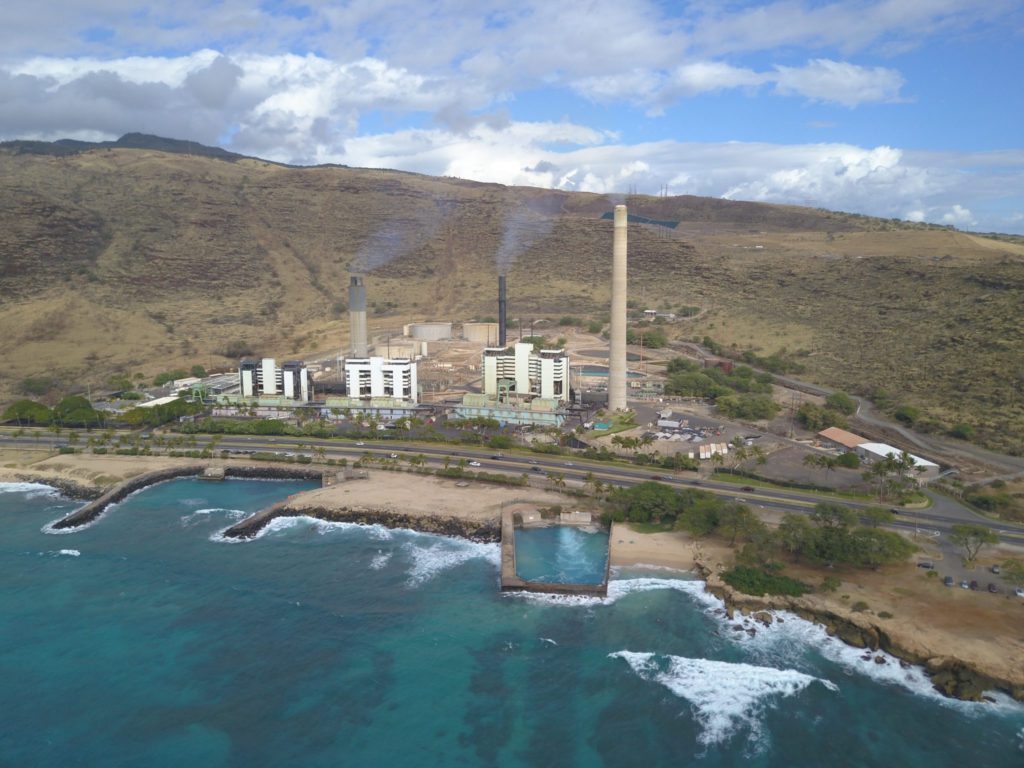In a new article from the BBC’s South Asia Correspondent, Rajini Vaidyanathan, India’s continuing reliance on coal is examined. India is the world’s third largest emitter of […]
All posts tagged: carbon emissions
The Future Is Renewables, but HeatX Cleans Up Fossil Fuels Now
In response to overwhelming evidence connecting human activity and fossil fuels to climate change, much of the world is turning its efforts towards renewable energy. Since 2014, […]
Global Carbon Emissions Rise to 37.1 Gigatons, Here Is What We Can Do
The Global Carbon Project report states that the major driver of the 2018 increase was higher electricity demand worldwide, leading to more coal-burning – primarily by China and India as their economies grew and more oil used in transport. Emissions in China were up 4.7% and India by 6.3% year on year. However, almost all countries are contributing to the accelerating emission rates.
HeatX at the 2018 International Pittsburgh Coal Conference
The 2018 International Pittsburgh Coal Conference was held from October 15-18 at the China University of Mining & Technology in Xuzhou, Jiangsu Province, China. This year was the 35th annual conference, which alternates venues between the University of Pittsburgh and the China University of Mining & Technology. At the conference, Dr. Vinod Veedu delivered a HeatX presentation titled, “Novel Nanocomposite Surface Treatment for High Efficiency, Low Emission Coal Power” which focused on how Oceanit’s functional surface treatments could help the world to achieve this 7% efficiency gain.
HeatX at the ADB Asia Water Forum 2018, Manila
Oceanit delivered a presentation titled, “Functional Surfaces for Highly Efficient, Low Carbon, Low Cost Desalination” which focused on how nanocomposite surfaces, like HeatX, can greatly increase the efficiency of desalination processes. Current desalination efforts are typically high-cost in that they consume a lot of energy in order to desalinate saline water.
Recent Posts
- Boosting Heat Exchanger Efficiency in the Era of Energy Expansion
- Advanced High-Temperature Heat Exchanger Materials with HeatX in Industrial Implications
- The Impact of Digital Twin Technology with HeatX on Heat Exchanger Maintenance in the Oil & Gas Sector
- Innovative Heat Exchanger Solutions by HeatX: Supporting America’s Energy Goals
- Improving Heat Pump Performance in Extreme Weather with HeatX


Recent Comments